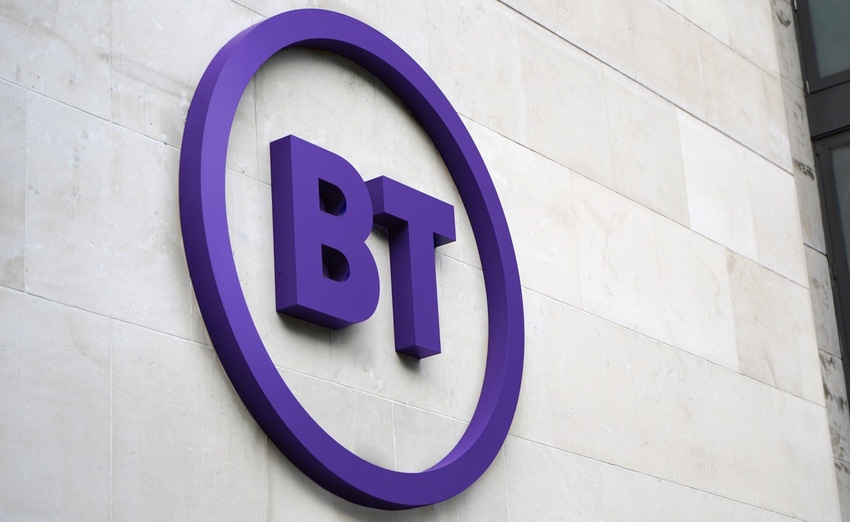BT's future is still unclear after Altice UK increased its stake in the incumbent to 18 percent.
December 14, 2021

BT’s future is still unclear after Altice UK increased its stake in the incumbent to 18 percent.
In a stock exchange filing, Altice reiterated it has no intention of launching a takeover bid for BT, and will comply with UK regulations, which prevent it from making an offer for a further six months.
“Over recent months we have engaged constructively with the board and management of BT and look forward to continuing that dialogue. We continue to hold them in high regard and remain fully supportive of their strategy, principally to play the pivotal role in delivering the expansion of access to a full fibre broadband network; an investment programme which is so important to both BT and to the UK,” said Altice UK owner Patrick Drahi.
For its part, BT released brief statement acknowledging that Altice has increased its stake to 18 percent from 12.1 percent.
“The Board and management of BT Group will continue to operate the business in the interest of all shareholders and remains focused on the successful execution of its strategy and building on recent performance momentum,” it said.
The stock market’s reaction was as expected: the lack of a formal takeover bid sent BT’s shares down 7.5 percent. However, it is worth noting that Altice included a bunch of caveats in its statement which essentially said that it can choose to ignore the takeover rules as long as BT’s board agrees, or if someone else tries to crash the party with a takeover bid of their own.
While no one else is in the frame right now, the situation could quite easily change. Sources quoted in the Indian press last month claimed that Mukesh Ambani, Asia’s richest man and chairman of conglomerate Reliance Group, was considering an unsolicited bid for a stake in BT. Reliance vehemently denied the rumour, but the old adage of there being no smoke without fire has been proven accurate many times in the past.
Then of course there’s private equity, which appears to be taking an increasing interest in the European telecoms market. KKR in November made a friendly offer for TIM that values the Italian incumbent at €32.95 billion including net debt. Separately, Swedish private equity firm EQT teamed up with US counterpart Stonepeak in May and made a bid for KPN, a bid that was swiftly rejected. It is worth remembering that before turning its attention to Italy, KKR also approached KPN, only to receive a firm ‘nee’ by the Dutch incumbent. Meanwhile, since being turned away by KPN, EQT has bulked up in its home market, where its GlobalConnect unit recently agreed to acquire a basket of fibre assets from Telenor Sweden.
Tuesday’s developments will have been keenly watched by Deutsche Telekom, which until Drahi showed up was BT’s largest single shareholder, boasting a 12 percent stake. CEO Tim Höttges is keeping his cards fairly close to his chest, simply telling reporters in September that “something is going to happen” with its BT stake in the next 12 months.
It’s perhaps a bit speculative, but Drahi may well have an eye on Deutsche Telekom’s BT stake. Altice now owns 18 percent of BT; if it were to acquire Deutsche Telekom’s 12 percent, that would give Altice 30 percent in total, which under UK rules would require Altice to make a mandatory takeover offer for BT. Alternatively, a private equity firm that wants control of BT now only has to win over two shareholders to pave the way for a formal takeover bid.
Drahi caused quite the stir when he bought into BT in June, prompting a steady build up of anticipation ahead of today’s somewhat anticlimactic outcome. The only solid conclusion we can draw is that this saga is far from over, and we look set for another six months of speculation.
About the Author(s)
You May Also Like








.png?width=300&auto=webp&quality=80&disable=upscale)


_1.jpg?width=300&auto=webp&quality=80&disable=upscale)


.png?width=800&auto=webp&quality=80&disable=upscale)